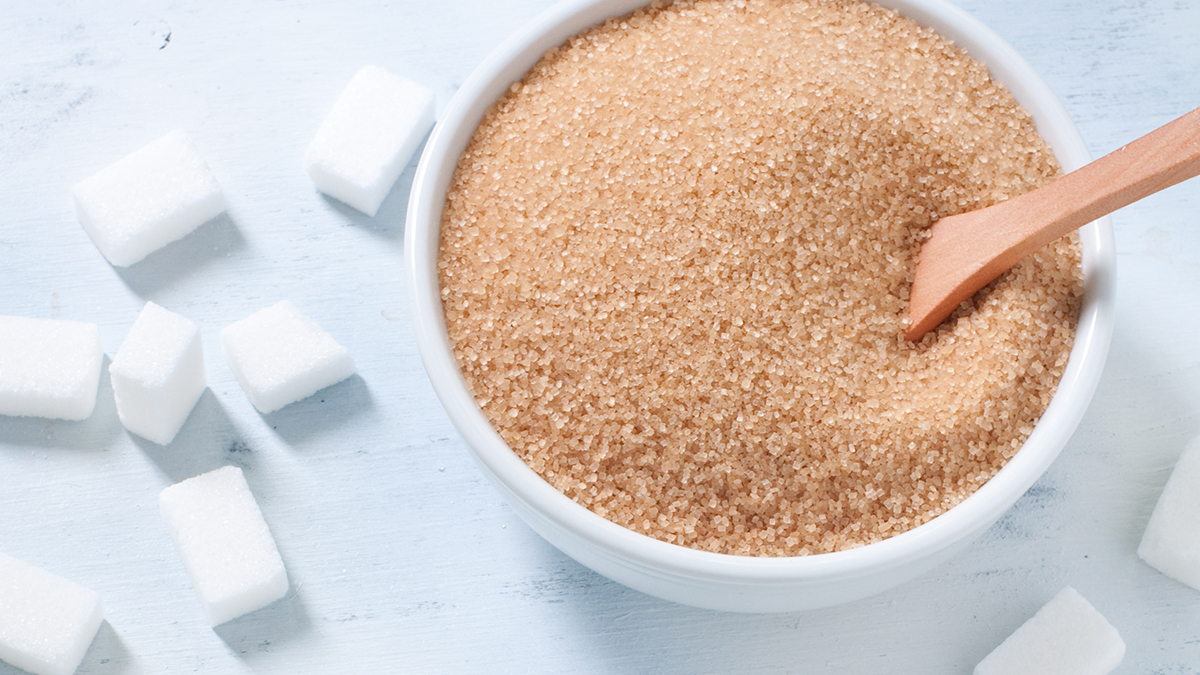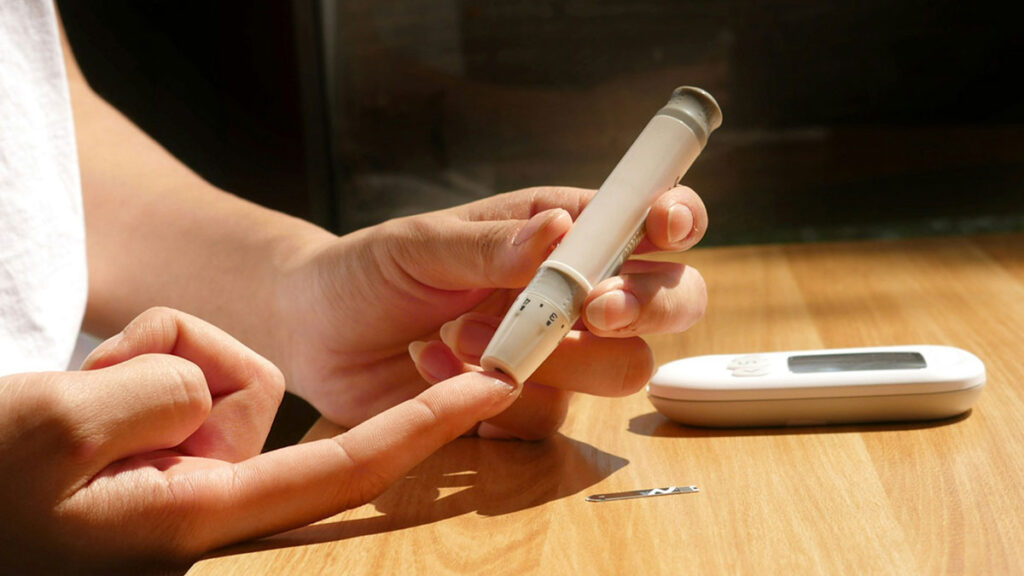While sugar-free diets may help us avoid processed foods and drinks that are high in added sugars, they’re also encouraging some people to avoid important wholefoods that protect their health.
The dietary guidelines advise us to limit our intake of foods and drinks containing added sugars, but also encourage us to embrace a diet packed with wholefoods, including wholegrains, fruits, vegetables, protein foods, reduced-fat dairy and dairy alternatives.
Many of these wholefoods or food products contain some naturally occurring sugars and sometimes small amounts of added sugars. These sugars are combined with fibre and nutrients, helping to slow down the release of sugar into your bloodstream—keeping your blood glucose levels stable. The small amounts of natural or added sugars from these wholefoods won’t impact your health, but avoiding wholefoods will. Many research studies show that having low intakes of protective wholefoods can increase your risk of weight gain, chronic diseases, reduced energy levels, poor gut health and constipation, poor mood and depression.
The World Health Organization (WHO) sugar guidelines strongly recommend that you reduce your intake of “free” sugars to less than 10 per cent (about 50 grams or 12 teaspoons) of your total energy intake each day. Half of all Australians (52%) exceed WHO’s recommendation and have an average of 60 grams (14 teaspoons) of “free” sugar each day. The key contributors are soft drinks, sports drinks and energy drinks. Foods and beverages high in “free” sugars can be problematic as they are often energy dense (large amounts of kilojoules or calories) and nutrient poor (offering few nutrients and no fibre).
When shopping, look mostly for products with less than 10-15 grams of total sugars per 100 grams and check the Health Star Rating—it’ll provide you with an overall nutrient assessment of some food products, and can be used to compare similar foods. Then choose the healthier option!
Tips for eating less sugar
Focus on wholefoods. Wholefoods like wholegrains, vegetables, legumes, fruits, nuts and seeds are packed with nutrients and fibre and will satisfy your body, reducing your need and cravings for sweet things.
Time for tastebuds. The less high-sugar foods and drinks you have, the less you’ll crave them. Give your tastebuds some time and you’ll find the natural sweetness of wholefoods is enough for you.
Reduce added sugar. Try adding fruits like banana, berries or dates to flavour your cereal or porridge. A dash of cinnamon works well too.
Healthy snacks. Go for a piece of fruit, berries mixed with natural yoghurt or a handful of unsalted roasted nuts instead of chocolate or a sweet biscuit.







